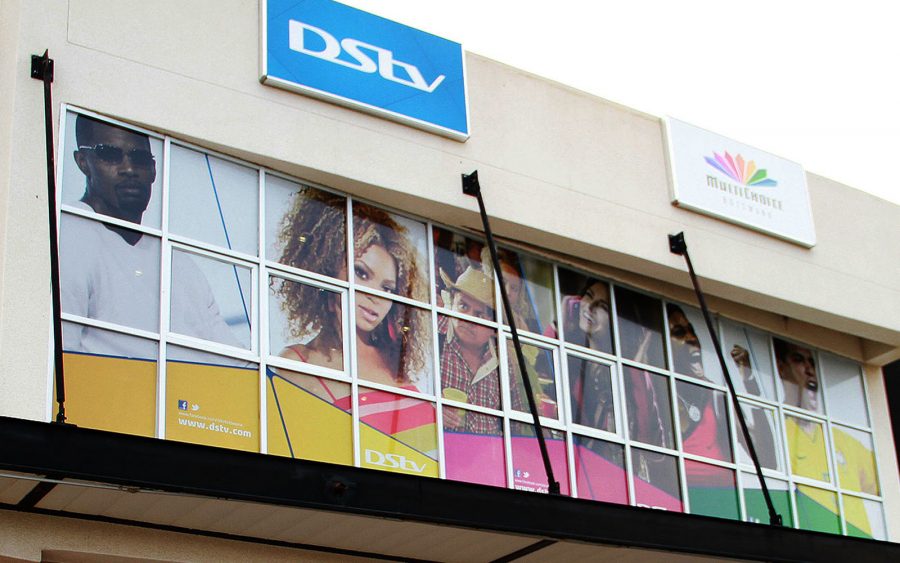Multichoice Nigeria has announced plans to slash subscription price on its terrestrial platform, GOtv, while increasing prices on its digital satellite platform, DStv from August 1, 2018.
With this new tariff plan, subscribers on GOtv Max package will enjoy a reduction from N3,800 to N3,200 while the prices on GOtv Plus, GOtv Value and GOtv Lite packages remain fixed at N1,900, N1,250 and N400 respectively.
Also, the subscribers on DStv Premium package will see a price increase from N14,700 to N15,800; Compact Plus from N9,900 to N10,650; Compact from N6,300 to N6,800; Family from N3,800 to N4,000 and on Access, N1,900 to N2,000.
The increase according to the company is due to the spike in inflation rates. Multichoice has a history of increasing prices arbitrarily. Between 2009 and 2017, prices have increased eight times, averaging a change in their prices every two years.
A timeline on past increase in prices
- The first increase was in September 2009 which coincided with the introduction of a low-cost bouquet, DStv Access at N1,500 and an increase in the prices of DStv Compact and Premium.
- In April 2011, prices went up again. DStv premium went from N9,500 to N10,300 as well as other bouquets except for Access which was left unchanged at N1,500.
- August 2012 saw a 10% increase in all its bouquets. DStv Premium was increased from N10,000 to N11,000. Access was again left unchanged at N1,500. The increase was attributed to the rise in inflation and operational costs.
- August 2015, witnessed a 20% increase in all its bouquets. DStv went from N11,650 to N13,980. DStv Access subscribers now had to pay N1,800 as against the previous rate of N1,500.
- A careful look at the increase shows DStv Premium has increased by 55% in eight years from N9,000 in 2009 to N13,980 in 2017.
- DStv Access has gone up by 26% from its inception in 2009. The current increase may thus lead to more consumers switching to cheaper packages or competitors.
DStv was established in 1995 and has over 6.7 million subscribers mainly in South Africa and Nigeria. Analysts have viewed the cable TV provider as a monopoly due to its dominant size, a charge it has vehemently denied. Hitv which was its closest competitor folded up after a few years.











